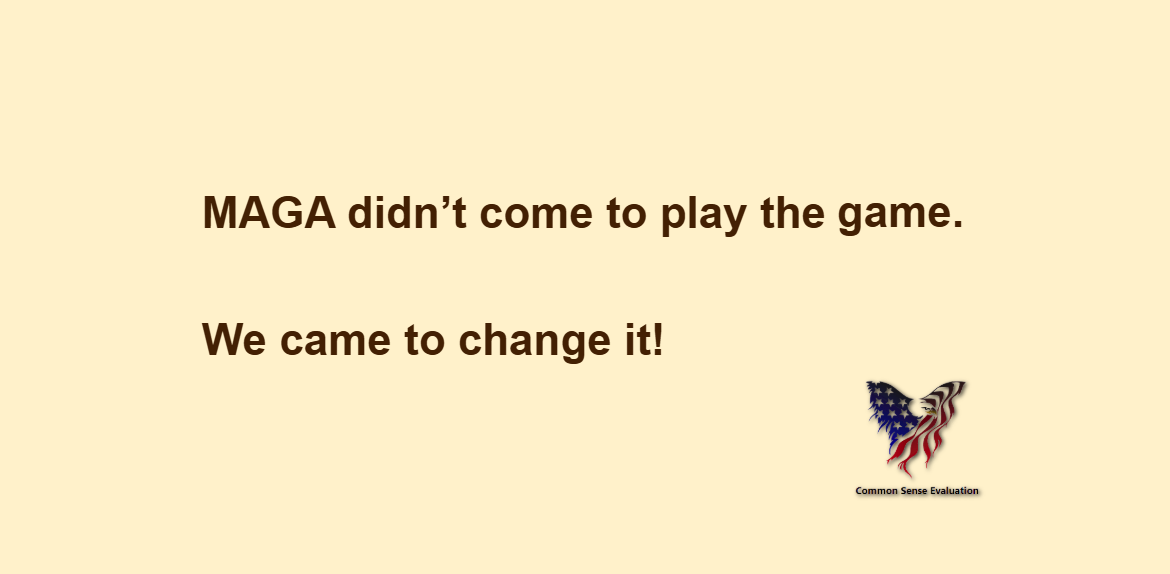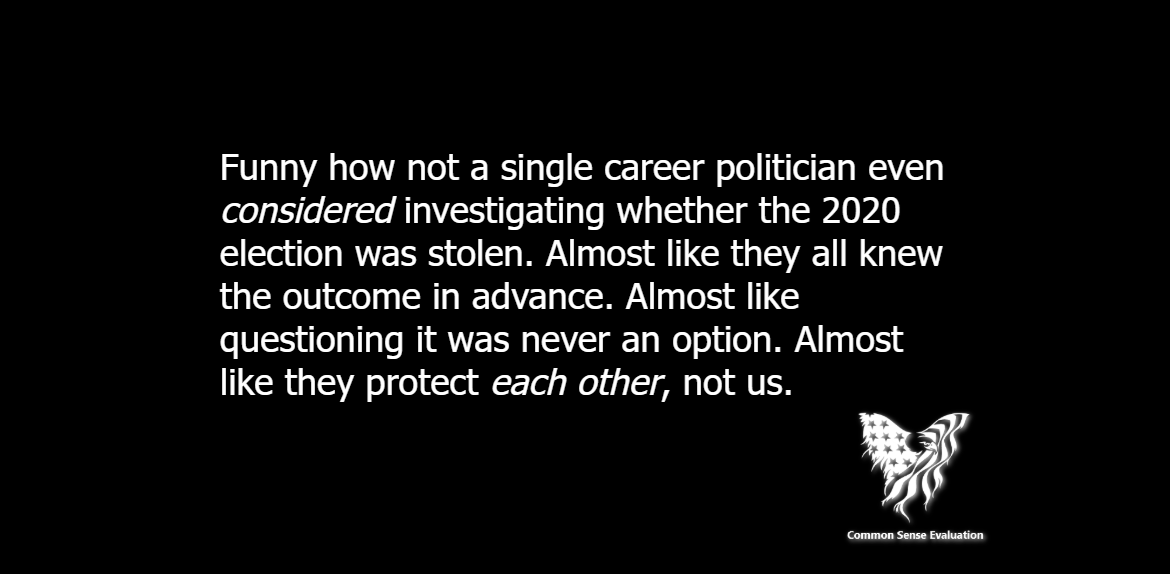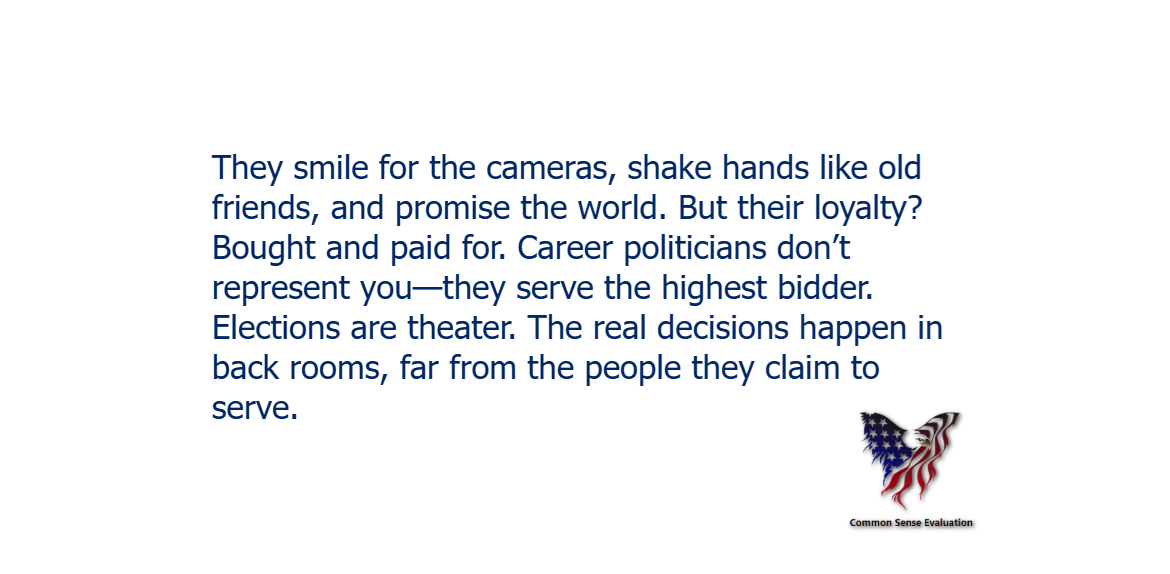There’s a battle happening right now that most Americans don’t even realize they’re in. A Silent War. It’s a war without missiles or tanks. No battle lines are drawn on maps. Instead, it’s fought in backroom deals, hidden transactions, and quiet compromises.
The enemies? China and the Mexican drug cartels.
The battlefield? The minds, policies, and bank accounts of U.S. politicians.
And the cost? The future of America.
Are Politicians on the Payroll of Mexican Drug Cartels?
The opioid epidemic isn’t just a health crisis—it’s an invasion. Every year, tens of thousands of Americans die from fentanyl overdoses, and the supply chain tells a damning story. The cartels manufacture and distribute the drugs, but where do the raw chemicals come from? China.
This is no accident. China supplies precursor chemicals to the cartels, fueling an epidemic that weakens America from within. But why would U.S. politicians turn a blind eye? Why do policies keep failing to stem the flow of drugs? Some believe the answer is simple: money.
Drug cartels bring in billions every year, and some of that money must be making its way into the hands of key decision-makers. Whether it’s campaign donations, offshore bank accounts, or lucrative business deals, the financial incentives are enormous. When a politician allows open borders, refuses to crack down on cartels, or ignores the fentanyl crisis, is it incompetence—or something worse?
The cartels don’t just use money to get what they want. They use fear. Political figures who refuse to cooperate often face intimidation or worse. And those who play along? They get rewarded handsomely.
China’s Quiet War Against America
China doesn’t need a traditional military invasion to weaken the United States. Their strategy is far more subtle—and far more dangerous.
They send chemicals that turn into deadly drugs instead of soldiers. Economic warfare replaces bombs as they infiltrate key industries and political institutions. Deception, bribery, and control are used instead of direct attacks.
Consider this: Why does China continue to enjoy favorable trade deals despite its blatant theft of U.S. intellectual property? Why do American leaders downplay threats from the Chinese Communist Party (CCP)? Why is there such resistance to investigating China’s role in the COVID-19 pandemic?
The answer may lie in bribery, blackmail, and carefully crafted influence operations.
The Tools of Influence: Bribes, Honeypots, and Bioweapons
China and the cartels don’t just use money to gain influence. They use people. The classic “honeypot” trap—where foreign operatives seduce and compromise powerful figures—has been a favorite tool of intelligence agencies for decades. And China is a master at it.
There are countless reports of high-ranking officials and business leaders being caught in compromising situations, only to find themselves forced into silence or compliance. Once someone is compromised, they’re owned forever.
Then there’s the bioweapon strategy. COVID-19 devastated the global economy, but who benefited? While the world locked down, China expanded its influence, buying up distressed assets and tightening its grip on supply chains. Was the pandemic just a tragic accident, or was it part of a larger strategy? A non-kinetic war designed to weaken the U.S. while China remained in control?
Many in power don’t want these questions asked—let alone answered.
Who Is Really Running America?
When U.S. politicians prioritize foreign interests over American citizens, we must ask: Who do they really serve?
Are they making decisions based on what’s best for the people—or what’s best for their own bank accounts?
Why do some lawmakers seem so eager to dismiss concerns about foreign influence? They push policies that weaken America’s position while strengthening China’s. Meanwhile, the drug crisis rages on as solutions are ignored.
The pieces of the puzzle are there. The question is: Are we willing to put them together?
The Time to Wake Up Is Now
The war is happening. Right now. And most Americans don’t even realize it.
Every day, fentanyl floods across the border, Chinese influence seeps further into U.S. politics, and decisions are made that harm America while benefiting those pulling the strings.
The truth is out there, but it’s up to the people to demand accountability. If politicians are compromised, they must be exposed. If foreign entities are controlling policy, the public has a right to know.
The only way to win a silent war is to wake up and start fighting back.




